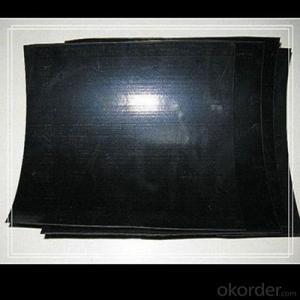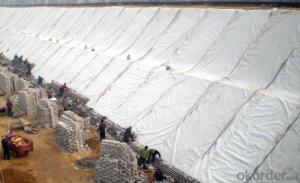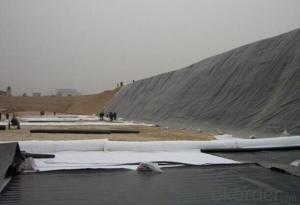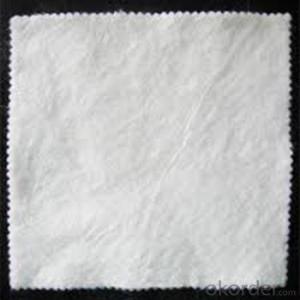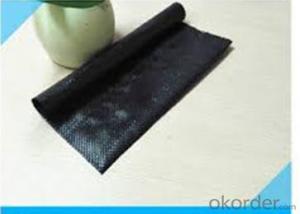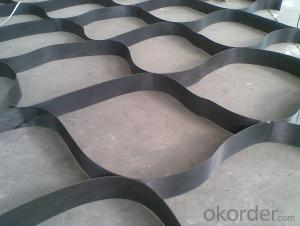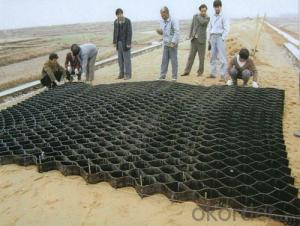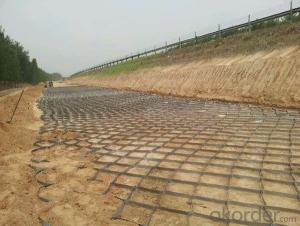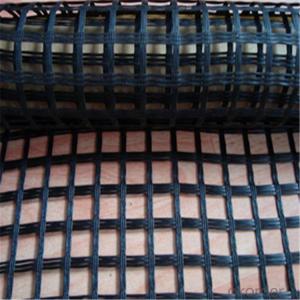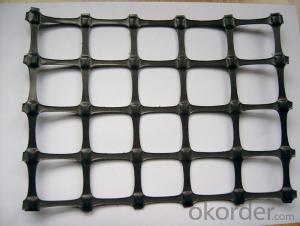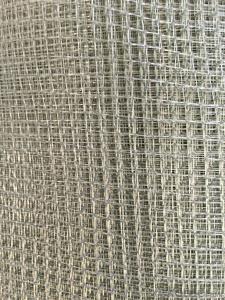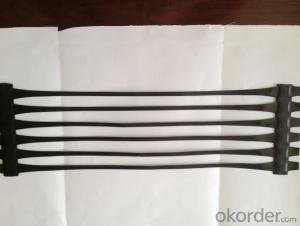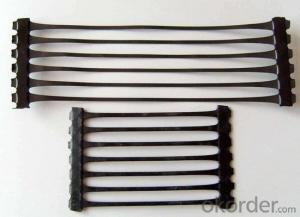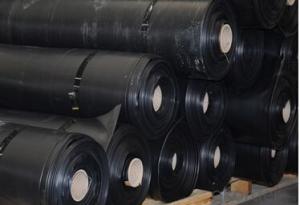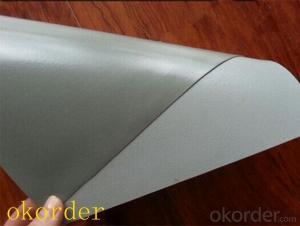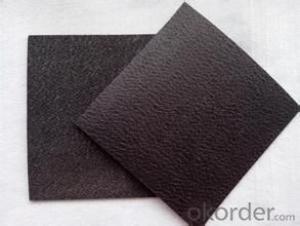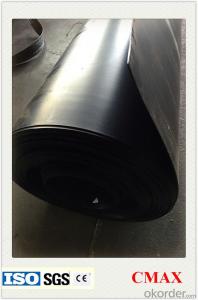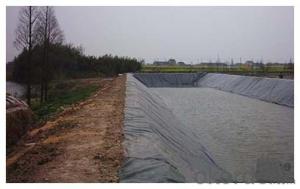All Categories
- - Steel Wire Rod
- - Steel Coils
- - Steel Profiles
- - Steel Pipes
- - Stainless Steel
- - Tinplate
- - Special Steel
- - Steel Sheets
- - Steel Rebars
- - Steel Strips
- - Hot Rolled Steel
- - Cold Rolled Steel
- - Pre-painted Steel
- - Seamless Steel Pipe
- - Welded Steel Pipe
- - Hollow Steel Tubes
- - Galvanized Pipe
- - Stainless Steel Coil
- - Stainless Steel Sheet
- - Stainless Steel Plate
- - Stainless Steel Strips
- - Electrolytic Tinplate Coil
- - Electrolytic Tinplate Sheet
- - Stainless Steel Rebars
- - Solar Panels
- - Solar Water Heater
- - Solar Related Products
- - Solar Inverter
- - Solar Cells
- - Solar Light
- - Solar Energy Systems
- - Solar Controllers
- - Solar Mounting System
- - Solar Pump
- - Solar Chargers
- - Fiberglass Chopped Strand
- - Fiberglass Mesh Cloth
- - Composite Pipes
- - FRP Pultrusion Profiles
- - Fiberglass Mat Tissue
- - Fiberglass Fabrics
- - Fiberglass Mesh
- - Composite Tank
- - Fiberglass Mesh tape
- - Polymer
- - FRP Roofing Panel
- - Fiberglass Roving
- - Monolithic Refractories
- - Ceramic Fiber Products
- - Refractory Bricks
- - Raw Materials For Refractory
- - Suspended Platform
- - Cranes
- - Concrete Machinery
- - Earthmoving Machinery
- - Building Hoist
- - Road Building Machinery
- - Plastic Pipe Fittings
- - Plastic Tubes
- - Plastic Sheets
- - Agricultural Plastic Products
- - Plastic Nets
 All Categories
All Categories
Q & A
How is the hauling of earthwork materials optimized to reduce costs, fuel consumption, and time?
The hauling of earthwork materials can be optimized to reduce costs, fuel consumption, and time through various strategies. One effective approach is to carefully plan and organize the hauling operations to minimize travel distances and maximize load efficiency. This can involve optimizing truck routes, grouping similar materials together, and using GPS technology to identify the most efficient paths.
Another way to reduce costs and fuel consumption is by maximizing the payload capacity of each truck. This can be achieved by utilizing larger trucks or implementing innovative loading techniques such as using compactors to increase material density. By maximizing the load capacity, the number of trips required can be reduced, resulting in less fuel consumption and lower costs.
Furthermore, adopting fuel-efficient vehicles and employing eco-driving techniques can help reduce fuel consumption. These techniques include maintaining steady speeds, reducing idling time, and using cruise control whenever possible.
Technology also plays a crucial role in optimizing earthwork hauling. Advanced telematics systems can track and monitor the performance of each truck, enabling real-time adjustments to routes or loads. Additionally, automated systems can streamline the loading and unloading processes, minimizing idle time and improving overall efficiency.
Overall, optimizing the hauling of earthwork materials requires careful planning, efficient loading techniques, fuel-efficient vehicles, and the use of advanced technology. By implementing these strategies, costs, fuel consumption, and time can be significantly reduced, leading to more efficient and cost-effective earthwork operations.
How is the impact of dynamic loads considered in earthwork design?
The impact of dynamic loads is considered in earthwork design by analyzing the potential vibrations and movements caused by these loads. This includes evaluating the soil's ability to withstand and dissipate the dynamic forces, selecting appropriate construction techniques and materials, and designing structures and foundations that can withstand the dynamic loads without compromising safety and stability.
Wholesale Earthwork from supplier in Nepal
With a strong focus on customer satisfaction, we strive to deliver high-quality Earthwork products that meet international standards. Our product range includes geotextiles, geomembranes, geogrids, geocells, and erosion control products, among others.
In addition to our vast product offerings, we also provide a wide range of services related to Earthwork projects. Our team of experienced professionals can assist you in project planning, design, and implementation, ensuring that your project is completed efficiently and successfully.
We understand the unique challenges and requirements of Earthwork projects in Nepal, and our local expertise allows us to tailor our solutions to meet the specific needs of our clients. Whether you are involved in infrastructure development, land reclamation, slope stabilization, or any other Earthwork project, we have the knowledge and resources to support you at every step of the way.
Moreover, as a subsidiary of CNBM, we have access to a global network of resources and expertise, enabling us to provide the best possible solutions to our clients. Our commitment to innovation and continuous improvement ensures that we stay at the forefront of the Earthwork industry, offering the latest technologies and solutions to our clients in Nepal.
Contact us today to discuss your Earthwork requirements and let us help you find the best solutions for your projects.
In addition to our vast product offerings, we also provide a wide range of services related to Earthwork projects. Our team of experienced professionals can assist you in project planning, design, and implementation, ensuring that your project is completed efficiently and successfully.
We understand the unique challenges and requirements of Earthwork projects in Nepal, and our local expertise allows us to tailor our solutions to meet the specific needs of our clients. Whether you are involved in infrastructure development, land reclamation, slope stabilization, or any other Earthwork project, we have the knowledge and resources to support you at every step of the way.
Moreover, as a subsidiary of CNBM, we have access to a global network of resources and expertise, enabling us to provide the best possible solutions to our clients. Our commitment to innovation and continuous improvement ensures that we stay at the forefront of the Earthwork industry, offering the latest technologies and solutions to our clients in Nepal.
Contact us today to discuss your Earthwork requirements and let us help you find the best solutions for your projects.
